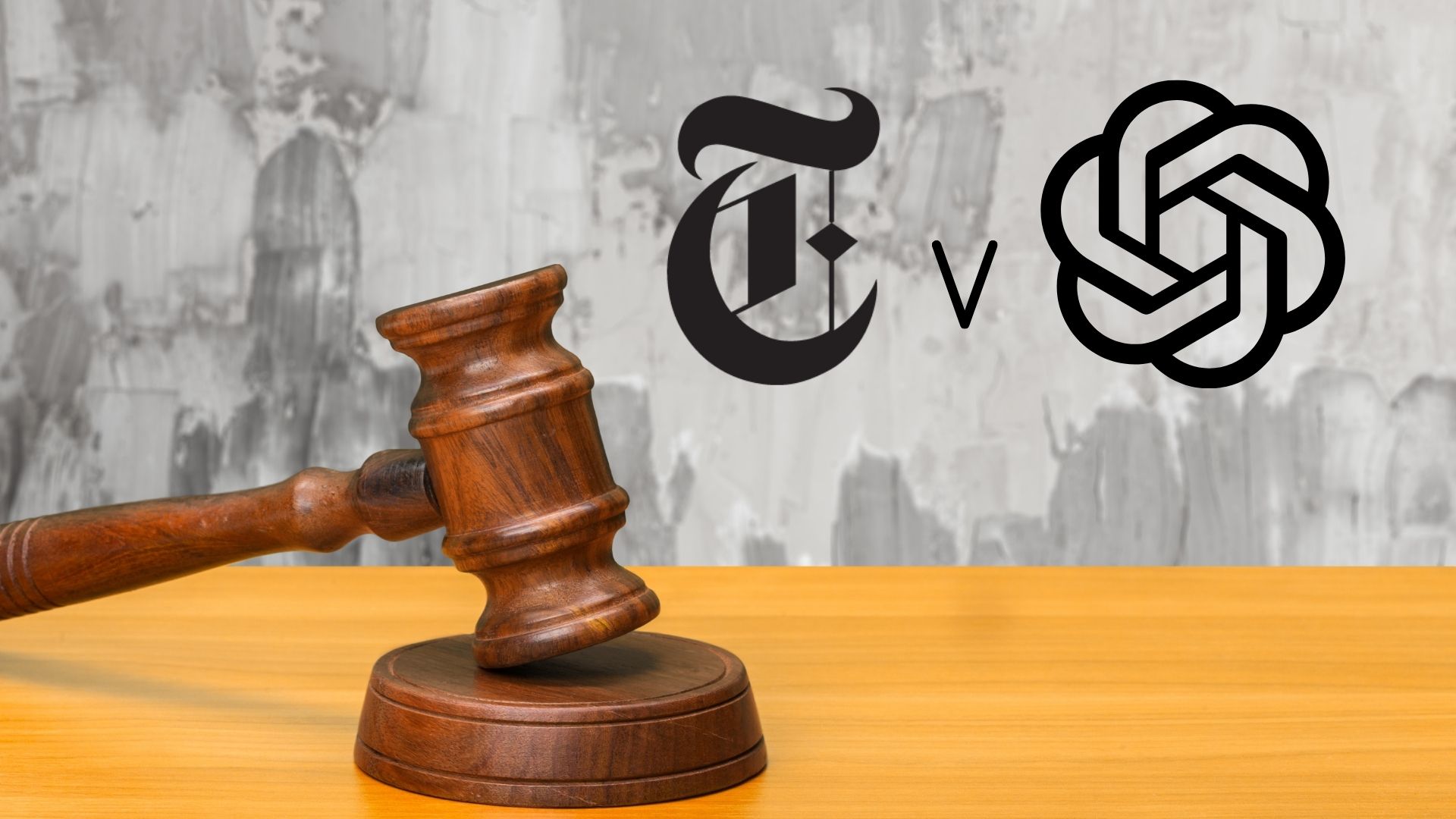UNESCO has launched a regional programme to improve disaster reporting across the Caribbean after Hurricane Melissa and rising misinformation.
The initiative equips journalists and emergency communicators with advanced tools such as AI, drones and geographic information systems to support accurate and ethical communication.
The 30-hour online course, funded through UNESCO’s Media Development Program, brings together twenty-three participants from ten Caribbean countries and territories.
Delivered in partnership with GeoTechVision/Jamaica Flying Labs, the training combines practical exercises with disaster simulations to help participants map hazards, collect aerial evidence and verify information using AI-supported methods.
Participants explore geospatial mapping, drone use and ethics while completing a capstone project in realistic scenarios. The programme aims to address gaps revealed by recent disasters and strengthen the region’s ability to deliver trusted information.
UNESCO’s wider Media in Crisis Preparedness and Response programme supports resilient media institutions, ensuring that communities receive timely and reliable information before, during and after crises.
Would you like to learn more about AI, tech and digital diplomacy? If so, ask our Diplo chatbot!










